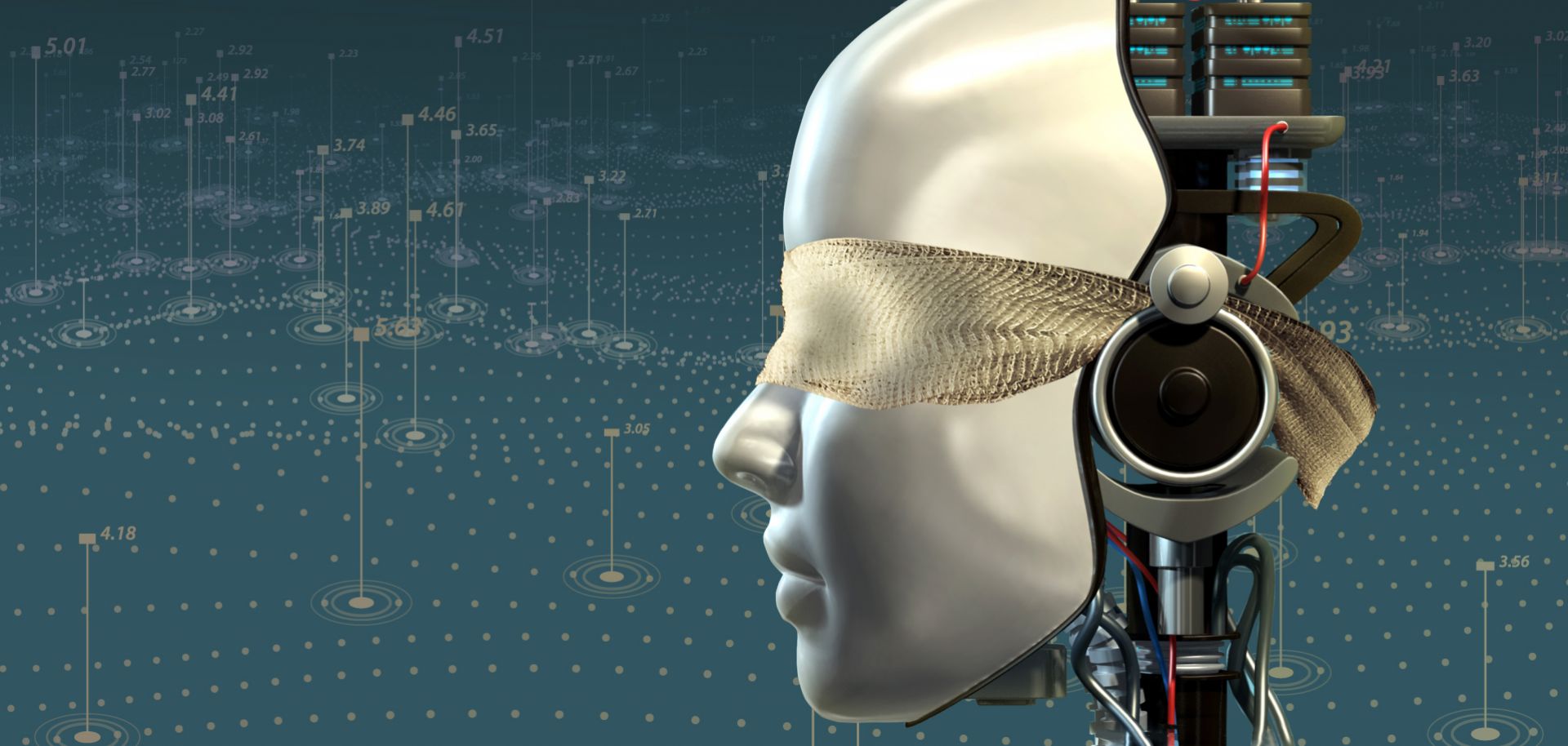COLUMNS
AI Makes Personal Privacy a Matter of National Strategy

May 3, 2018 | 14:00 GMT

The latest social media scandals have generated a backlash in the United States among internet users who want greater control over their personal data. But AI runs on data. AI algorithms use robust sets of data to learn, honing their pattern recognition and prediction abilities. And much of that data comes from individuals.
(GarryKillian, Andrea Danti/Shutterstock, Robert Zavala/Stratfor)
Highlights
- Growing concern in the United States and Europe over the collection and distribution of personal data could decrease the quality and accessibility of a subset of data used to develop artificial intelligence.
- Though the United States is still among the countries best poised to take advantage of AI technologies to drive economic growth, changes in privacy regulations and social behaviors will impair its tech sector over the course of the next decade.
- China, meanwhile, will take the opportunity to close the gap with the United States in the race to develop AI.
Subscribe Now
SubscribeAlready have an account?
